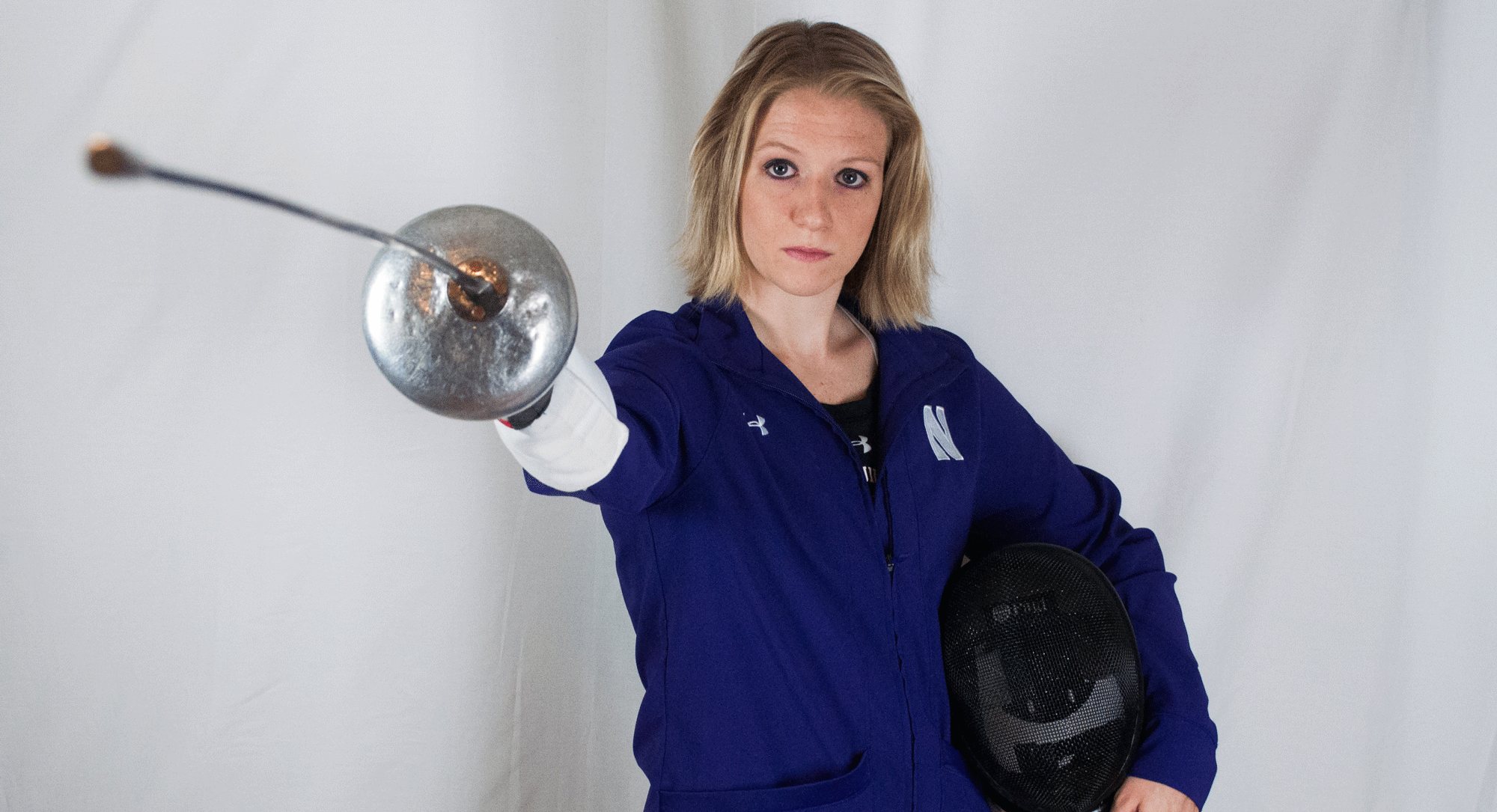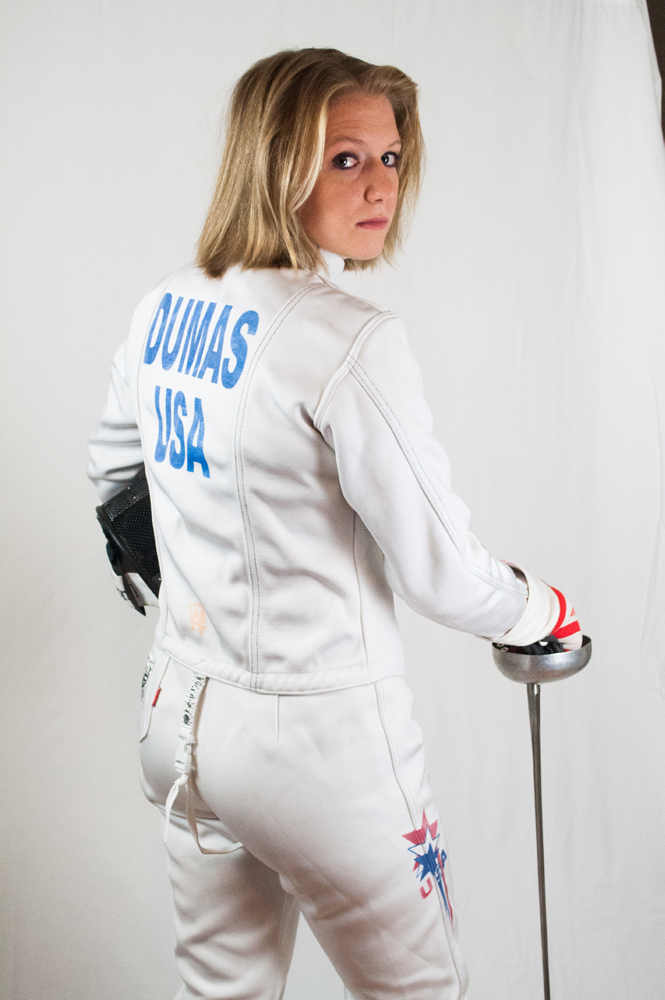Courtney Dumas, 22, isn’t always sure how people will react when they find out she’s a world-class fencer. “I get a lot of people picking up sticks and asking me to fence them on the spot,” Weinberg senior Dumas says.
For Jordan Wilimovsky, 21, competing as an open water swimmer can lead to its own set of puzzling questions.
“A lot of times people just ask me if I’m swimming out into the ocean all the time like it’s some kind of different sport,” Wilimovsky says. “But it’s swimming, so I’m training in the pool everyday.”
Dumas and Wilimovksy are two of the best athletes from Northwestern University, but most students don’t know much about these athletes or their sports. Over the past year, both of these Wildcats have been going through the highs, lows and frequent flyer miles of Olympic qualifications.
As an open water swimmer, Wilimovsky traveled the world with the United States National Team, including a trip to the 2015 World Aquatics Championships in Kazan, Russia. It was there, along the banks of the Kanzanka River, that Wilimovsky punched his ticket to next summer’s Olympic Games in Rio de Janeiro.
Dumas didn’t finish among the top four U.S. fencers who will head to Rio, but competing against the world’s best took her about as far from Evanston as any Northwestern athlete could hope to go.
“I was traveling almost every weekend for a large portion of the year, just all over the world to different countries. Everywhere from Buenos Aires to China,” Dumas says.
In her three years at NU, Dumas has become one of the leaders of the fencing team. She led the Wildcats to a 10th-place finish at the NCAA Championships as a junior, before taking the 2014-15 season off to focus on qualifying for the Olympics.
Wilimovsky’s gold medal in the 10-kilometer open water event in Russia secured his place in Rio, but he has also achieved success in collegiate races. He owns school records in the 500- and 1,000-yard freestyle as well as the 400-yard individual medley. And he’s dominated the 1,650-yard freestyle, where he has won a Big Ten championship and finished third at the NCAA Championships in addition to a school record.
But the event at which he excels (the 10-kilometer open water marathon) is one of swimming’s least understood events. It was only added to the Olympic program in 2008, and many fans still don’t totally appreciate how the event works.
“You swim on a circuit of buoys that they have out in the ocean or a lake,” Wilimovsky says. “Typically it’s four laps and you have timing chips on your wrist to get your time for each lap.”
Much like cycling, open water swimmers travel in a pack and can receive water and hydrating gels during the race. Wilimovksy says he was responsible for keeping track of the various supplies he needed during a meet.


